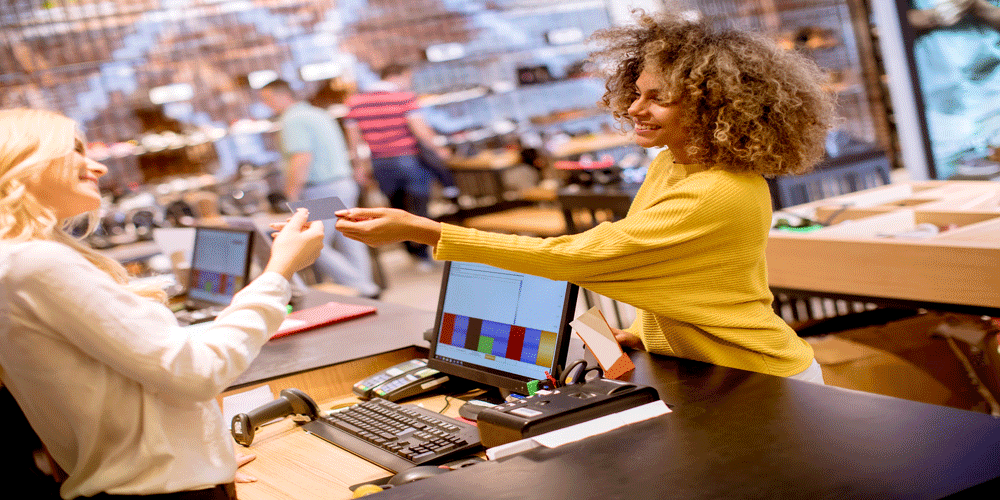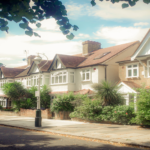Shop price rises are back to “normal levels” as the cost of furniture, televisions and other non-food items have fallen, according to a UK retail industry body.
The BBC is reporting that prices rose at an annual rate of 0.6% in May, down from 0.8% in the previous month, according to the British Retail Consortium (BRC) and research firm NielsenIQ.
The figures also showed that food inflation fell for the thirteenth month in a row to 3.2%.
Household budgets have come under pressure as prices soared in the wake of the pandemic and the Ukraine war pushed up the cost of energy.
The ease in shop price rises “was helped by slowing food inflation, with fresh food inflation falling to its lowest level since November 2021,” Helen Dickinson, chief executive of the BRC said.
While the cost of food has continued to rise, although at a slower pace, prices of non-food items have been falling, the BRC said.
This included furniture, TVs and audio equipment, which it said have been their prices cut by retailers ahead of the Euros football tournament.
Unusually wet weather has also been credited with helping to ease prices.
“The unseasonable weather has dampened retail sales so lower prices look set to continue and promotional activity is likely to increase drive demand,” Mike Watkins, head of retailer and business insight at NielsenIQ, said.
Inflation is the increase in the price of something over time.
For example, if a bottle of milk costs £1 but is £1.05 a year later, then annual milk inflation is 5%.
Erica Moore, founder and owner of Eteaket leaf tea company in Edinburgh, said it felt like price rises have stabilised since the start of the year.
“The prices that we’ve got at the moment are higher than they used to be across the board, but it does feel like there’s a levelling off, at least for the next little while”.
While it might offer some breathing space, she added that different factors can affect tea prices, such as harvest variability and weather.



